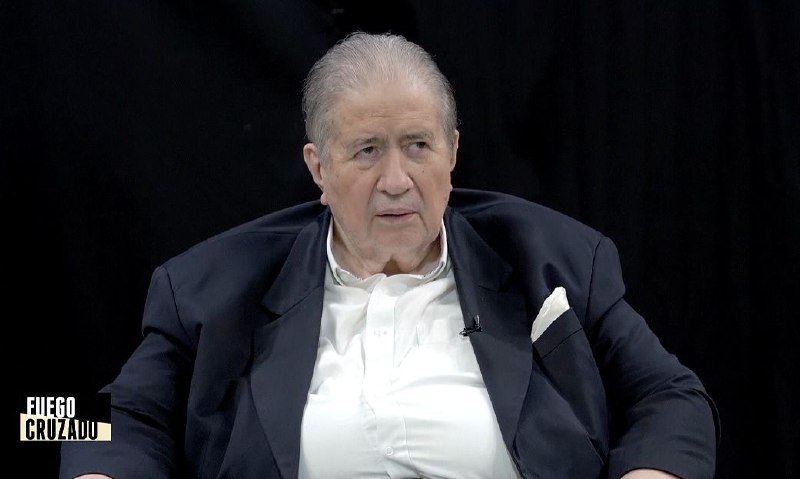In an interview with the program Fuego Cruzado broadcast by GEN-Nación Media, the outgoing minister of the Superior Court of Electoral Justice (TSJE) pointed out that among the main innovations incorporated in the electoral process are the unblocking of lists and political financing.
Regarding the first, he said that its implementation had interesting results in the last municipal elections held in our country, with candidates who were well below the first positions and who ended up occupying the first place by the number of final votes.
Regarding political financing, he highlighted its importance by stating that practically worldwide the issue of financing rules is increasing and improving, aiming at achieving greater transparency.
At another point, he also spoke about the exit polls, pointing out that they are social mechanisms but that they fell into disrepute a few years ago, losing trust on the part of the citizenry and the political actors themselves.
Ramírez Zambonini analyzed the incursion of social networks and the rise of ‘fake news’, assuring that “they are here to stay”. “You can’t control it, you have to know how to live with it.”
The current minister of the TSJE was opposed to constant changes in the electoral legislation and considers that the law should not be permanently changed, since the rules of the game must be pre-established without being subject to permanent adjustments.
On the issue of ballotage, he assured that it has its pros and cons, although it depends a lot on the context in which they are presented and also on the type of political scenario that each country is experiencing, citing the case of Argentina where he believes its implementation is necessary.
Ramírez Zambonini was against the unblocking of lists, since he maintains that “it will atomize politics”, as happened in Peru. “People are not grouped into political parties but are in individualities,” he said.
Likewise, he said he was against direct voting in the parties since it can cause candidates to present themselves who “do not represent anyone” but only themselves. For this reason, he believes it opportune to once again delegate the task of electing his candidates to the same political parties.
Despite this, he also admitted that it will be difficult to modify this aspect because the direct vote is established in the National Constitution. In the case of unblocking lists, he stated that “before it becomes bigger, it must be reformulated”.
The entrance Ramírez Zambonini questions the unblocking of lists and direct voting in the parties was first published in diary TODAY.


















